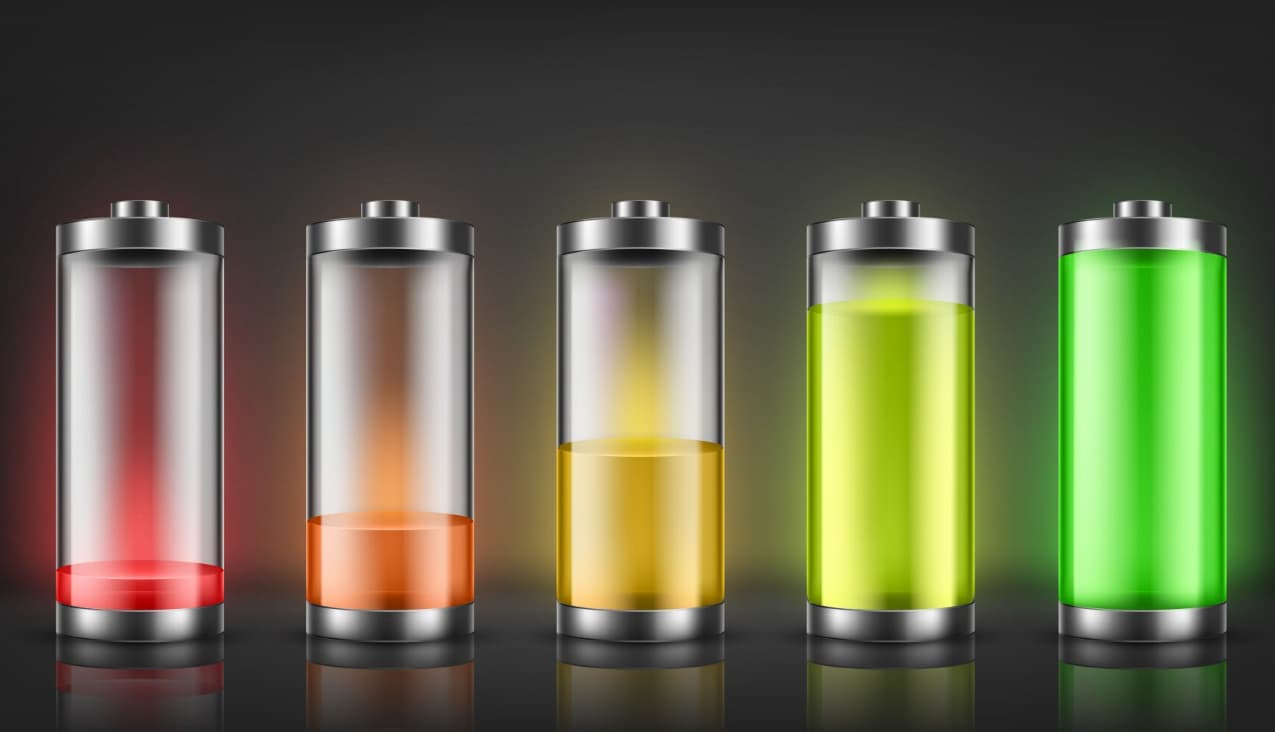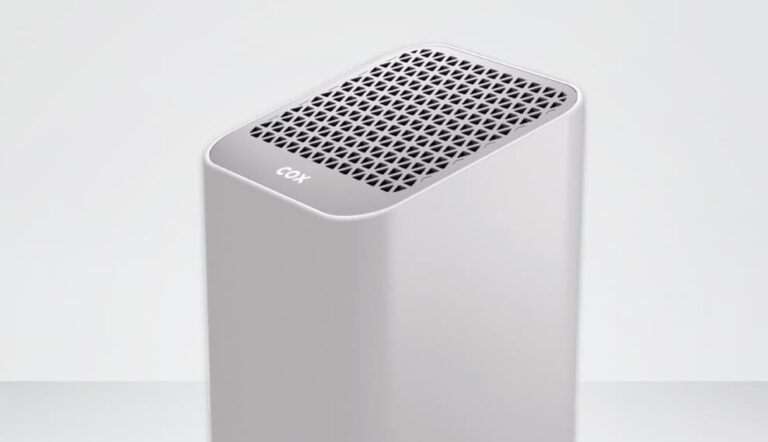In today’s world of portable electronics, finding the right power source is crucial for keeping our devices running smoothly.
The 402020 2150 mAh battery has emerged as a leading choice for many small electronic devices, combining compact size with impressive power delivery.
This tiny powerhouse, despite its small dimensions, plays a vital role in powering everything from wireless earbuds to smart home devices.
402020 2150 mAh Battery

Throughout this comprehensive guide, we’ll explore every aspect of this versatile battery, using simple language and practical examples to help you understand its capabilities, uses, and maintenance requirements.
Whether you’re a tech enthusiast or simply someone looking to learn more about your device’s power source, this guide will provide you with valuable insights and practical knowledge.
What is the 402020 2150 mAh Battery?
Let’s break down this battery’s identity into simple, easy-to-understand components:
Size Breakdown:
- 40mm: Length (about the size of a small paper clip)
- 20mm: Width (roughly the thickness of a stack of 5 credit cards)
- 20mm: Height (similar to the width)
Power Capacity: The 2150 mAh rating tells us how much energy the battery can store. Think of it like a water tank:
- Higher mAh = Bigger tank
- 2150 mAh = Enough power to run many small devices for several hours
Battery Type: This is a lithium-ion rechargeable battery, which means:
- Can be recharged hundreds of times
- Holds charge well when not in use
- Provides steady power output
- Safe when used properly
Key Specifications and Technical Details
Let’s dive deeper into the technical aspects while keeping things simple and clear:
Basic Specifications Table:
| Feature | Specification | Real-World Meaning |
|---|---|---|
| Capacity | 2150 mAh | Can power wireless earbuds for up to 20 hours |
| Voltage | 3.7V | The standard for most small electronics |
| Dimensions | 40x20x20mm | Fits in compact devices |
| Weight | Approximately 30g | Light as a few sheets of paper |
| Chemistry | Lithium-ion | Safe, reliable, rechargeable |
| Cycle Life | 500+ recharges | Several years of regular use |
Performance Characteristics:
- Discharge Rate:
- Normal use: 0.2C (430mA)
- Maximum safe: 1C (2150mA)
- What this means: Can power both low-drain and high-drain devices safely
- Temperature Range:
- Operating: 0°C to 45°C (32°F to 113°F)
- Storage: -10°C to 35°C (14°F to 95°F)
- Ideal performance: Room temperature (20°C/68°F)
- Protection Features:
- Overcharge protection
- Over-discharge protection
- Short circuit protection
- Temperature monitoring
Advantages and Benefits
Understanding the benefits helps you make informed decisions about using this battery:
Performance Benefits:
- Long-lasting Power:
- Runs for many hours on a single charge
- Maintains steady output until nearly empty
- Quick recharge capability
- Reliability:
- Consistent performance
- Low self-discharge rate
- Minimal voltage fluctuation
Physical Benefits:
- Compact Design:
- Fits in tiny spaces
- Lightweight construction
- Easy to mount or install
- Durability:
- Sturdy construction
- Resistant to normal wear
- Long service life
Economic Benefits:
- Cost-Effective:
- Multiple recharge cycles
- Low replacement frequency
- Good value for money
Applications and Use Cases
This battery finds its way into many devices and applications:
Consumer Electronics:
- Wearable Technology:
- Smartwatches
- Fitness trackers
- Health monitors
- Smart jewelry
- Audio Devices:
- Wireless earbuds
- Bluetooth headphones
- Portable speakers
- Audio transmitters
- Smart Home Devices:
- Security sensors
- Smart doorbells
- Environmental monitors
- Remote controls
Professional Applications:
- Medical Devices:
- Portable monitors
- Personal health devices
- Emergency backup power
- Medical sensors
- Industrial Uses:
- Data loggers
- Remote sensors
- Backup systems
- Testing equipment
Installation and Usage Guidelines
Proper installation and usage ensure optimal performance and safety:
Installation Steps:
- Preparation:
- Check device compatibility
- Verify polarity markings
- Ensure clean contact points
- Installation:
- Follow device manual
- Avoid forcing connections
- Secure mounting position
- Initial Use:
- Full charge before first use
- Test device operation
- Monitor for any issues
Usage Best Practices:
- Charging:
- Use manufacturer-approved chargers
- Avoid overcharging
- Monitor charging temperature
- Regular Use:
- Keep device clean
- Avoid extreme temperatures
- Monitor battery performance
Maintenance and Care
Proper maintenance extends battery life and ensures safe operation:
Daily Care:
- Do’s:
- Keep at room temperature
- Use gentle handling
- Monitor performance
- Clean contacts regularly
- Don’ts:
- Expose to extreme heat
- Drop or damage
- Short circuit
- Use damaged batteries
Long-term Maintenance:
- Storage:
- Keep at 40-60% charge
- Store in a cool, dry place
- Check periodically
- Rotate stock if needed
- Regular Checks:
- Physical condition
- Performance levels
- Charging behavior
- Contact cleanliness
Troubleshooting Common Issues
Understanding common problems and solutions helps maintain optimal performance:
Common Problems and Solutions Table:
| Problem | Possible Causes | Solutions |
|---|---|---|
| Not charging | Dirty contacts, Faulty charger | Clean contacts, Check charger |
| Short runtime | Age, Temperature, Heavy use | Replace if old, Optimize usage |
| Swelling | Overcharging, Damage | Replace immediately |
| Poor performance | Temperature, Age, Usage patterns | Check conditions, Consider replacement |
When to Replace:
- Battery age over 2-3 years
- Significant capacity loss
- Physical damage
- Abnormal behavior
Buying Guide
Make informed decisions when purchasing:
Selection Criteria:
- Quality Indicators:
- Brand reputation
- Warranty terms
- Safety certifications
- User reviews
- Price Considerations:
- Compare multiple sellers
- Look for bulk discounts
- Consider warranty value
- Factor in shipping
Where to Buy:
- Authorized Dealers:
- Direct manufacturers
- Certified resellers
- Electronics specialists
- Online Marketplaces:
- Verified sellers only
- Check return policies
- Read recent reviews
- Compare prices
Safety Guidelines
Safety should always be the top priority:
General Safety Rules:
- Usage Safety:
- Follow manufacturer guidelines
- Use proper chargers
- Avoid modifications
- Monitor during charging
- Storage Safety:
- Keep away from metal objects
- Store at room temperature
- Avoid direct sunlight
- Keep away from water
Emergency Procedures:
- If the battery swells:
- Stop use immediately
- Remove from device
- Store in a safe container
- Dispose properly
- If the battery leaks:
- Avoid skin contact
- Clean with proper materials
- Dispose according to regulations
- Replace battery
Environmental Impact and Disposal
Responsible use and disposal help protect the environment:
Environmental Considerations:
- Benefits:
- Rechargeable design reduces waste
- Long life span
- Energy efficient
- Small size uses fewer materials
- Proper Disposal:
- Use recycling centers
- Follow local regulations
- Don’t dispose of regular trash
- Look for battery collection points
Future Trends and Developments
Understanding future developments helps in making informed decisions:
Emerging Trends:
- Technology Improvements:
- Higher capacity
- Faster charging
- Better safety features
- Longer lifespan
- Market Changes:
- More applications
- Better price points
- Improved availability
- Enhanced features
FAQs:
- Q: How long does the battery typically last?
A: With proper care, expect 500+ recharge cycles or 2-3 years of regular use.
- Q: Can I use this battery in any small device?
A: Only in devices specifically designed for 3.7V lithium-ion batteries of this size and capacity.
- Q: How do I know when to replace the battery?
A: Replace when you notice significant capacity reduction, physical damage, or after 2-3 years of regular use.
- Q: Is it normal for the battery to get warm during charging?
A: Slight warmth is normal, but excessive heat indicates a problem.
- Q: What’s the best way to store the battery long-term?
A: Store at 40-60% charge in a cool, dry place, away from direct sunlight and metal objects.
Also Check:
- Fintechzoom.com Best Air Purifier
- Raymond Rev BanksAbbotsford Canada
- Super Mario Wonder ImageSize:2894×4686 Download FREE
- Master Argus M5700D Auto Focus/Program Exposure Like a Pro
Conclusion:
The 402020 2150 mAh battery represents an excellent balance of size, power, and reliability for many modern electronic devices.
Its versatile nature, combined with proper care and maintenance, makes it a valuable power solution for both consumer and professional applications.
Remember these key takeaways:
- Choose quality products from reputable sources
- Follow proper maintenance procedures
- Prioritize safety in all aspects
- Consider environmental responsibility
- Stay informed about developments
With this comprehensive understanding, you can make the most of your battery-powered devices while ensuring safe and efficient operation.
Whether you’re a technical professional or an everyday user, this knowledge will help you maximize the benefits of your 402020 2150 mAh battery.






